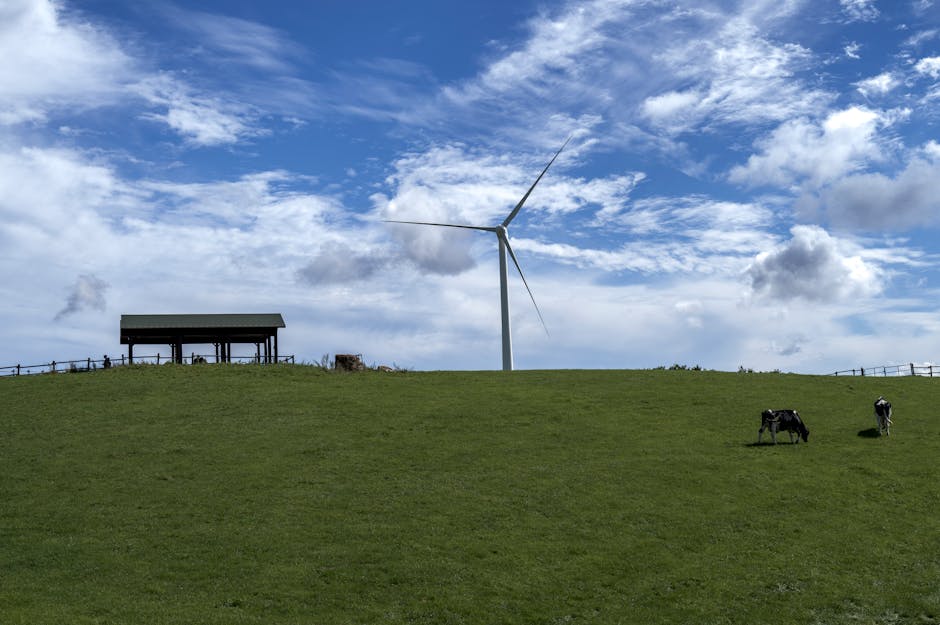A significant concern is the direct impact of heightened temperatures on livestock. Increased heat stress can dramatically reduce animal productivity. Heat waves, becoming more frequent and intense, lead to reduced feed intake, decreased milk production in dairy cattle, and hampered growth in young animals. Animals expend significant energy regulating their body temperature, diverting resources away from reproduction and growth. This impacts not only profitability but also the overall sustainability of farms. Furthermore, the rising temperatures can accelerate the spread of heat-related diseases, posing further challenges to animal health and welfare.
Changes in precipitation patterns, including more frequent and intense droughts or heavy rainfall, represent a significant threat to livestock farming. Droughts can diminish pastureland quality and availability, forcing farmers to supplement diets with expensive feed, leading to increased costs and reduced profitability. This is particularly impactful in arid and semi-arid regions that rely heavily on grazing. Conversely, intense rainfall and floods can damage infrastructure, disrupt breeding seasons, and lead to increased waterborne diseases in livestock. The frequency and severity of these extreme weather events are expected to increase, compounding the challenges faced by livestock farmers.
Beyond the direct impact on animals, climate change influences the nutritional quality and availability of feed. Changes in temperature and precipitation patterns alter plant growth cycles and nutritional composition. Forage crops, crucial for grazing livestock, might experience reduced yields or altered nutritional profiles, affecting the health and productivity of animals. A shift in species composition of plant communities in pastures could occur, potentially introducing unwanted nutritional elements or toxins. This necessitates ongoing adaptation in feeding strategies and requires farmers to adopt innovative methods like improved pasture management techniques, such as rotational grazing. The use of drought-resistant forage species and genetically improved varieties can be crucial for sustained productivity in challenging environments.
A crucial aspect is the greenhouse gas (GHG) emissions produced by livestock agriculture. Animals themselves, through processes like enteric fermentation and manure management, release significant amounts of GHGs. Methane, a potent greenhouse gas, is a major contributor to climate change from livestock activities. Rising global temperatures and changing weather patterns exacerbate these emissions, creating a feedback loop that makes it harder to combat climate change effectively. The development of strategies to reduce methane emissions from livestock, such as improved feed management and dietary supplements, is becoming increasingly important. Furthermore, implementing sustainable manure management practices to reduce the release of nitrous oxide can contribute to mitigation strategies.
The agricultural sector is not just a contributor to climate change; it is also vulnerable to its effects. More frequent and intense extreme weather events, including floods and droughts, have a direct impact on infrastructure, impacting farm operations and jeopardizing the continuity of livestock production. Rising sea levels can inundate coastal grazing lands and saline intrusion in soils can negatively impact crop yields, further impacting the feed availability and health of livestock. This underscores the urgent need for adaptation strategies that bolster the resilience of livestock farms in the face of these projected changes.
Crop diversification and improved water management techniques, such as rainwater harvesting and efficient irrigation systems, become essential components of farm sustainability. Promoting sustainable and resilient farming practices and incorporating technologies like precision agriculture can optimize resource use and reduce environmental impact. Investing in research and development to breed more heat-tolerant and disease-resistant livestock breeds is crucial for future agricultural resilience.
The global food system is deeply interconnected with climate change, and livestock farming plays a significant role within that system. Understanding the complex interplay between these factors is critical for policymakers, farmers, and researchers. Collaborative approaches, including knowledge sharing, financial support, and technology transfer, can bolster the resilience of livestock farming systems and contribute to more sustainable food production.
The imperative to address the impacts of climate change on livestock farming requires a holistic approach. Policymakers need to implement incentives for farmers to adopt sustainable agricultural practices and ensure access to crucial resources like water and feed. Financial support, training, and access to improved technologies are essential to equip farmers with the tools they need to adapt and mitigate the impacts of climate change. Furthermore, greater research into climate-resilient livestock breeds and improved feed practices can help enhance the productivity and resilience of livestock farming systems.
Ultimately, the future of livestock farming in a changing climate hinges on a multifaceted approach. By combining innovation, adaptation, and collaboration, we can ensure sustainable livestock production, maintain food security, and mitigate the adverse effects of climate change on agriculture. This requires a concerted effort across sectors, from farmers and researchers to policymakers and consumers, all working towards a shared goal: a resilient and sustainable livestock industry.












